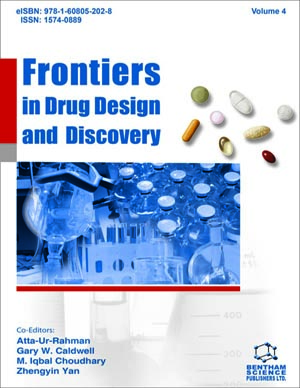Abstract
Colloidal delivery systems such as oil-in-water emulsions, liposomes, microparticles and nanoparticles, show great potential as a means of delivering a drug to its site of action efficiently, thereby minimizing any unwanted toxic effects. In this point of view, membrane emulsification has received increasing attention over the last 10 years. In the membrane emulsification process, a liquid phase is pressed through the membrane pores to form droplets at the permeate side of a membrane; the droplets are then carried away by a continuous phase flowing across the membrane surface. The purpose of the present paper is to provide a state of the art on membrane processes to prepare drug delivery systems. The following are included: principles of membrane emulsification, colloidal delivery systems, reduction of adverse affects, active principles, encapsulation efficiency, and drug release properties.






















